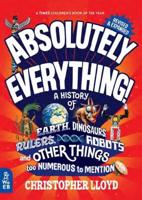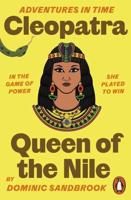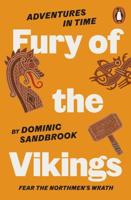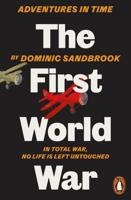Publisher's Synopsis
Between 632 and around 1250, the Islamic Empire was one of the world's most advanced civilizations.The home of Islam was the Arabian Peninsula, inhabited by nomadic tribes, but it grew to encompass Syria, North Africa and Spain.
It was Muhammad who unified the various Arab tribes to create the Islamic Civilization. The beliefs of Muhammed grew into the Qur'an which summond all Arabs to submit to God's will. It was Muhammad's teachings in the Qur'an that formed the foundation of the religion of Islam.
Baghdad became the centre of the Islamic Civilization. Administration was based there and great palaces, mosques and gardens were built. It was the centre of power, trade, learning and the arts, making it the world's largest city until 930 CE.
The end of the golden age of the Islamic Civilization was marked by the invasion of the Mongols in 1258.
Contains maps, paintings, artefacts and photographs to show what life was like in the Islamic Empire.
Ideally suited for readers age 8+ or teachers who are looking for books to support the new curriculum for 2014.
If you enjoy reading about the Early Islamic Civilizations then take a look at Stone Age to Iron Age, The Mayan Civilization, The Shang Dynasty of Ancient China and The Indus Valley.

















